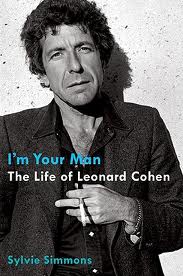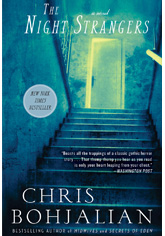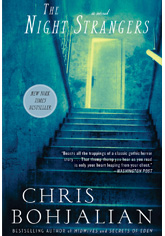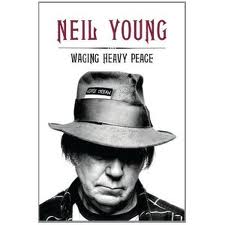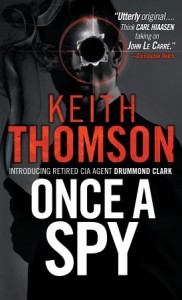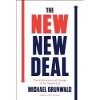 #FridayReads, Oct. 12–The New New Deal: The Hidden Story of Change in the Obama Era, Michael Grunwald’s deeply reported revelatory account of how the 2009 Recovery Act put the brakes on the financial collapse, prevented a depression, and jump-started President Obama’s agenda for change by distributing hundreds of billions of dollars of stimulus to create whole new parts of our economy such as green energy and electronic medical record-keeping. Grunwald makes clear that the conventional wisdom around the oft-maligned bill is in many instances just plain wrong. For instance, the extent of fraud and corruption was minuscule, “about 0.001%.” He also details in new ways the fact that congressional Repubs–in the period after the election and before the inauguration–resolved on “a strategy of uniform resistance to the president’s agenda, so that Obama would be unable to keep his post-partisan promises.” Joe Biden tells Grunwald that he was told, “For the next two years, we [Repubs] can’t let you succeed in anything. That’s our ticket to coming back.” So much for the false Romney-Ryan claim that the president has been insufficiently bipartisan.
#FridayReads, Oct. 12–The New New Deal: The Hidden Story of Change in the Obama Era, Michael Grunwald’s deeply reported revelatory account of how the 2009 Recovery Act put the brakes on the financial collapse, prevented a depression, and jump-started President Obama’s agenda for change by distributing hundreds of billions of dollars of stimulus to create whole new parts of our economy such as green energy and electronic medical record-keeping. Grunwald makes clear that the conventional wisdom around the oft-maligned bill is in many instances just plain wrong. For instance, the extent of fraud and corruption was minuscule, “about 0.001%.” He also details in new ways the fact that congressional Repubs–in the period after the election and before the inauguration–resolved on “a strategy of uniform resistance to the president’s agenda, so that Obama would be unable to keep his post-partisan promises.” Joe Biden tells Grunwald that he was told, “For the next two years, we [Repubs] can’t let you succeed in anything. That’s our ticket to coming back.” So much for the false Romney-Ryan claim that the president has been insufficiently bipartisan.
Also, finished The Night Strangers, the first novel of Chris Bohjalian’s that I’ve read. I’ve posted about it in #FridayReads twice before, as it took me a little while to get going in this contemporary haunted house story set in my old college town of Franconia, NH. But I found it totally engrossing once I got over the initial hump. Interesting characters, especially the evil and diabolical ones, and excellent use of structure in the novel to build suspense. It also had a satisfyingly creepy “Village of the Damned”-type denouement, where it’s clear that the evil, far from being extinguished, is actually free to carry on. I’m sure I’ll read more of Bohjalian’s work.

 #FridayReads, Oct. 26, Kathleen Sharp‘s Blood Medicine: Blowing the Whistle on One of the Deadliest Prescription Drugs Ever, a riveting narrative that is a kind of Civil Action covering the corrupt world of prescription drug marketing and dangerous off-label uses of these often untested medicines. I edited and published Sharp’s 2003 book, Mr. & Mrs. Hollywood: Edie and Lew Wasserman and their Entertainment Empire, and am excited to see that her career’s continuing in really intriguing directions.
#FridayReads, Oct. 26, Kathleen Sharp‘s Blood Medicine: Blowing the Whistle on One of the Deadliest Prescription Drugs Ever, a riveting narrative that is a kind of Civil Action covering the corrupt world of prescription drug marketing and dangerous off-label uses of these often untested medicines. I edited and published Sharp’s 2003 book, Mr. & Mrs. Hollywood: Edie and Lew Wasserman and their Entertainment Empire, and am excited to see that her career’s continuing in really intriguing directions. Also reading Richard Ford’s The Sportswriter, his 1986 novel that is the first book in his Frank Bascombe trilogy, followed by Independence Day (1996) and Lay of the Land (2006), As ever, as I discovered when I read his latest novel, Canada, Ford crafts gorgeous sentences and tells moving stories.
Also reading Richard Ford’s The Sportswriter, his 1986 novel that is the first book in his Frank Bascombe trilogy, followed by Independence Day (1996) and Lay of the Land (2006), As ever, as I discovered when I read his latest novel, Canada, Ford crafts gorgeous sentences and tells moving stories.



